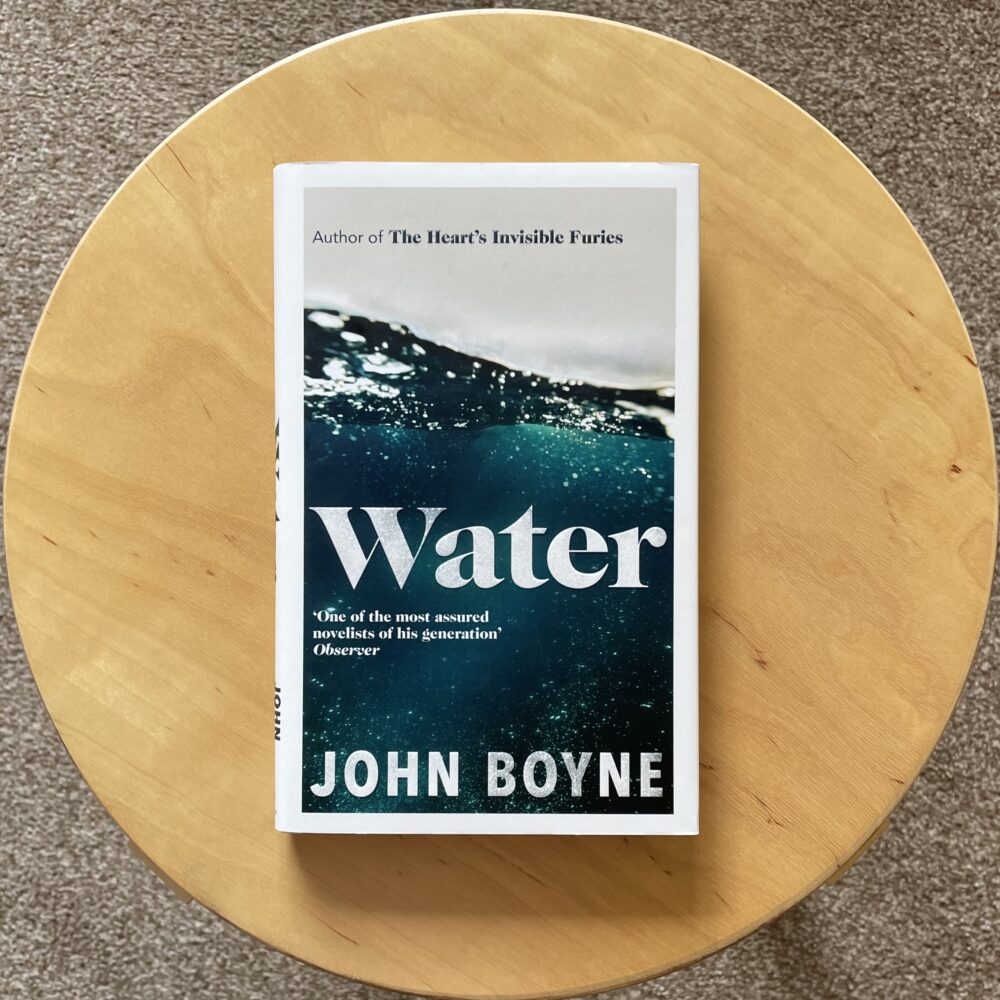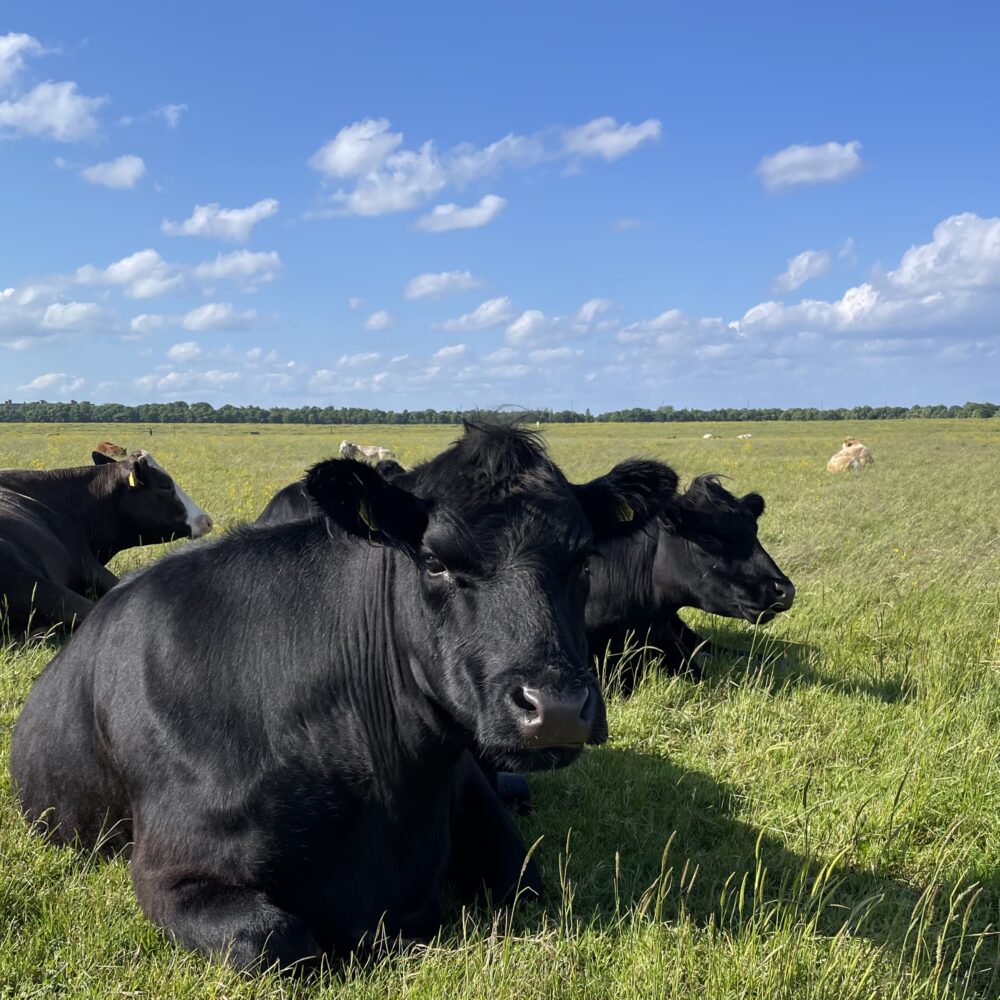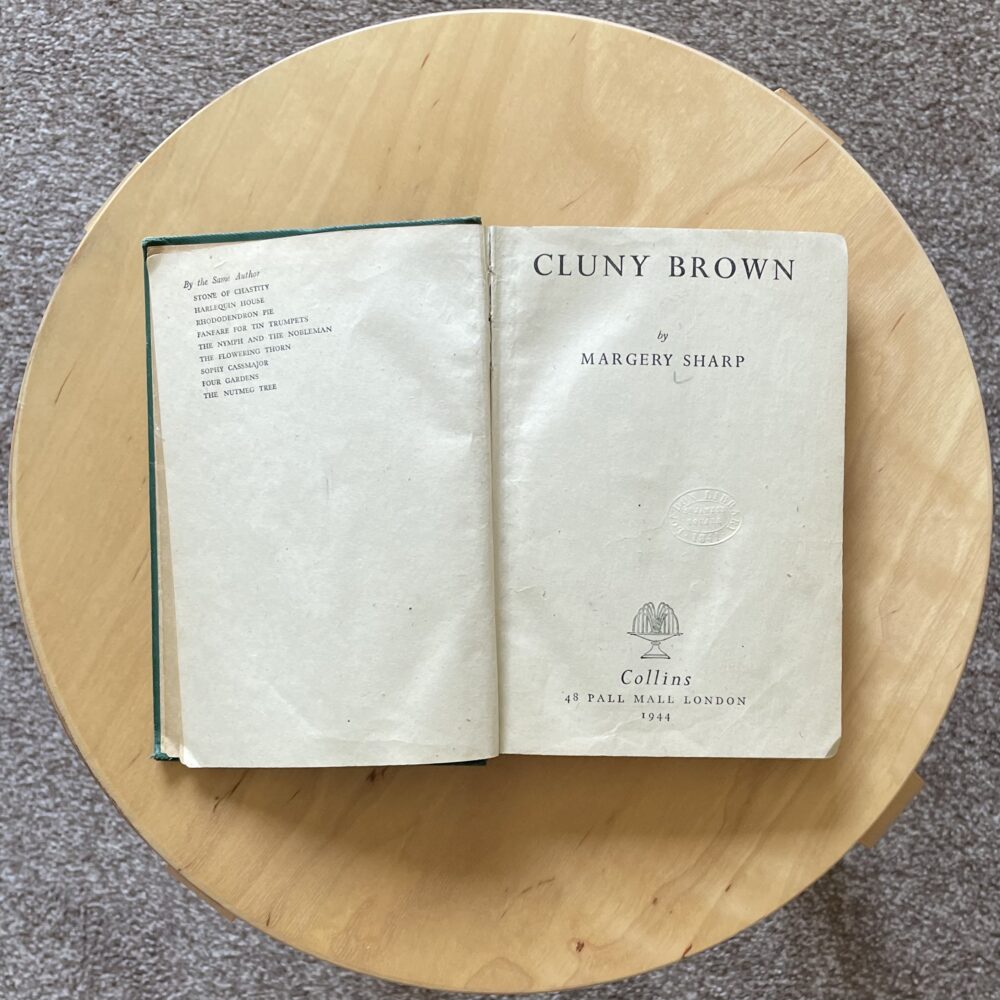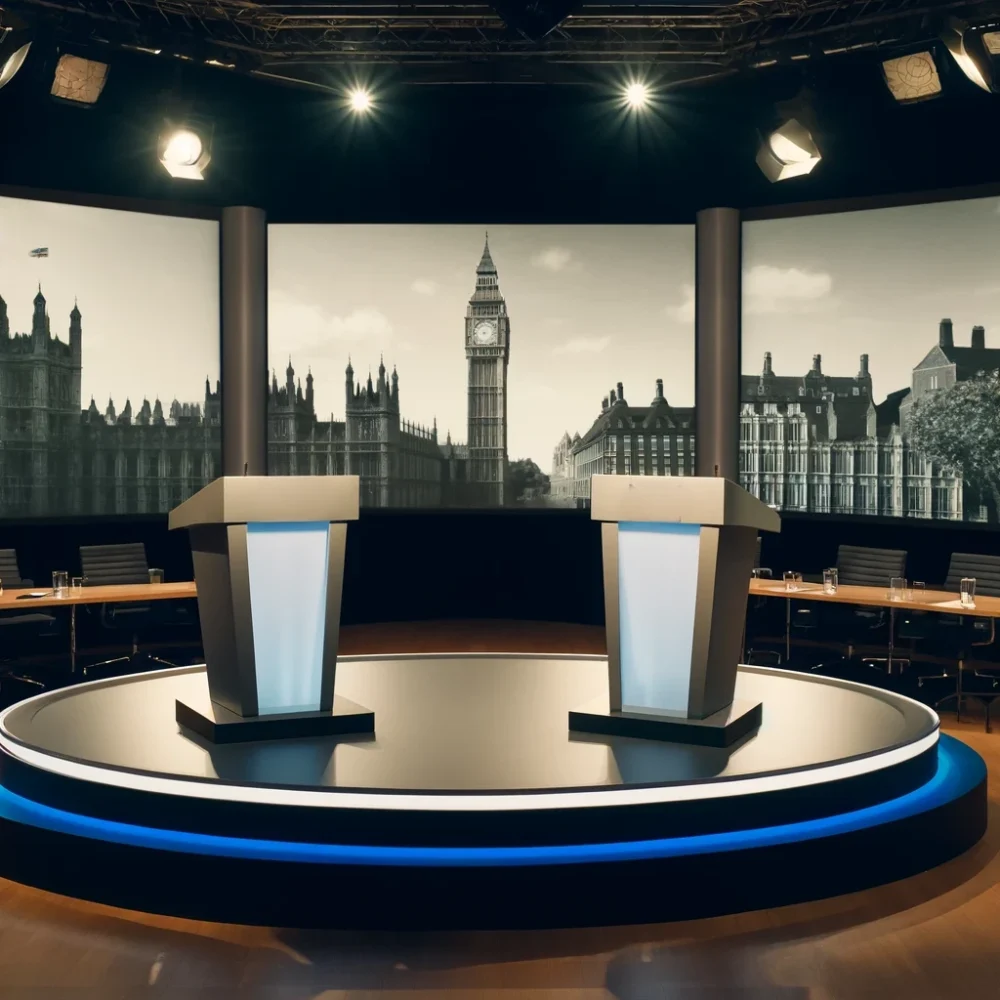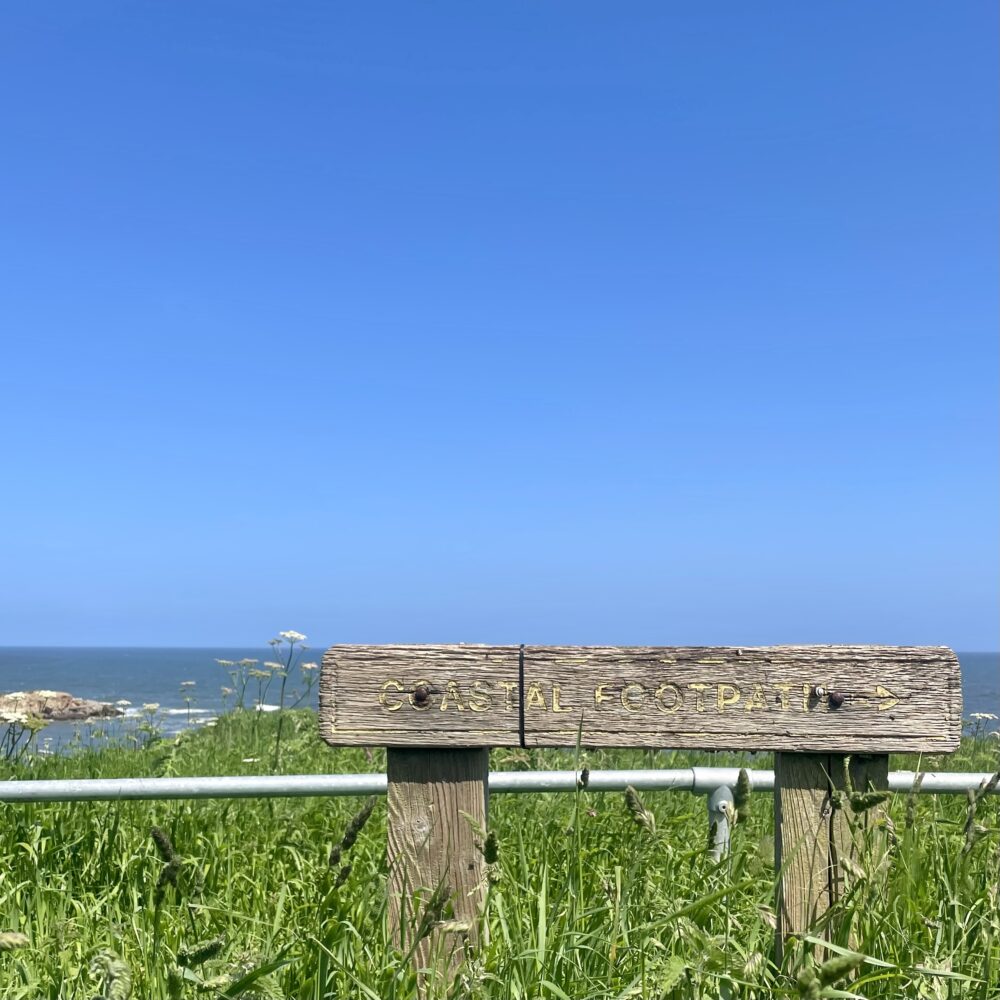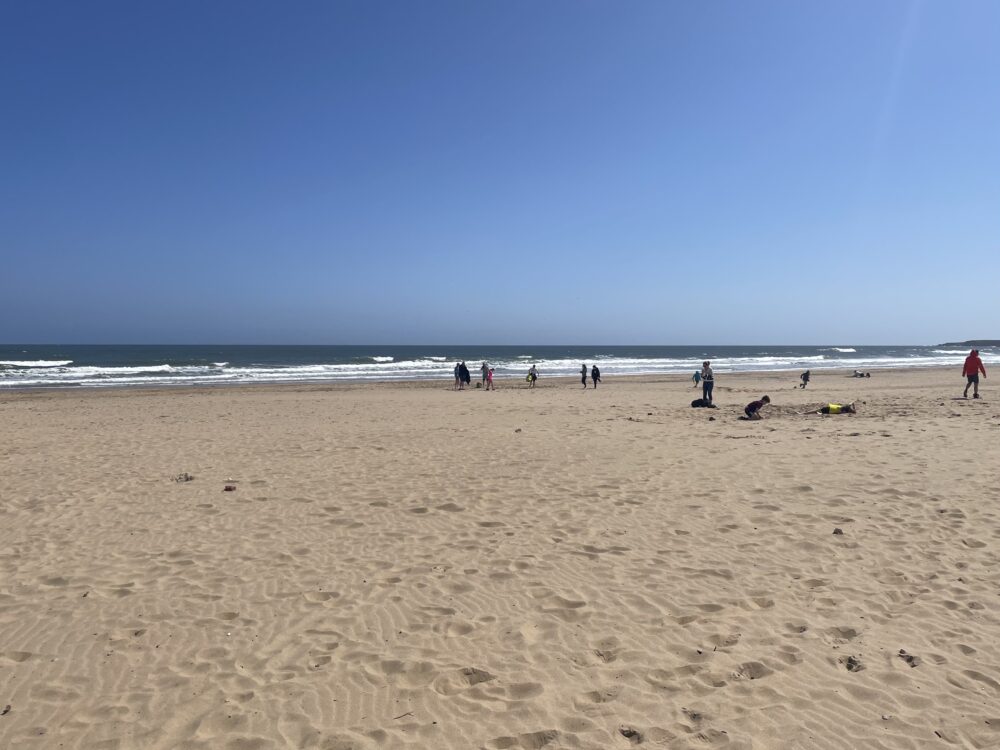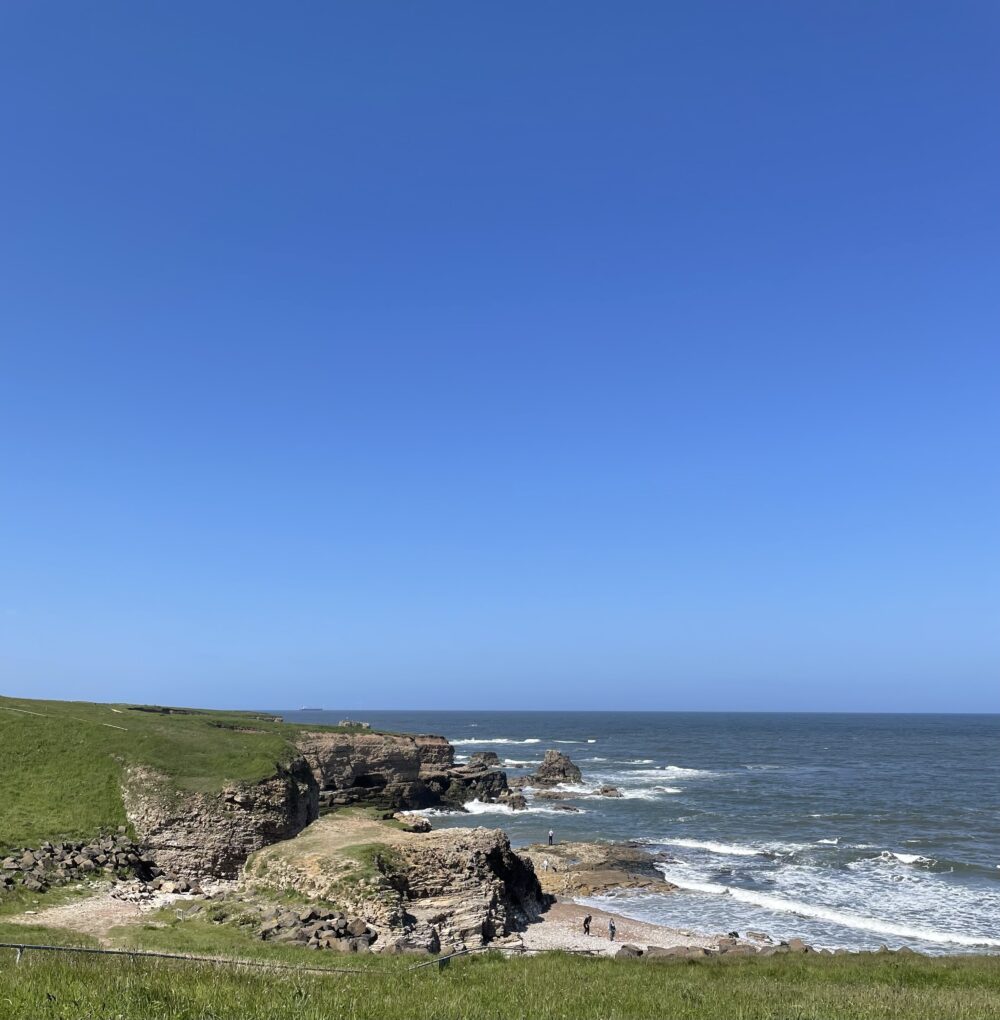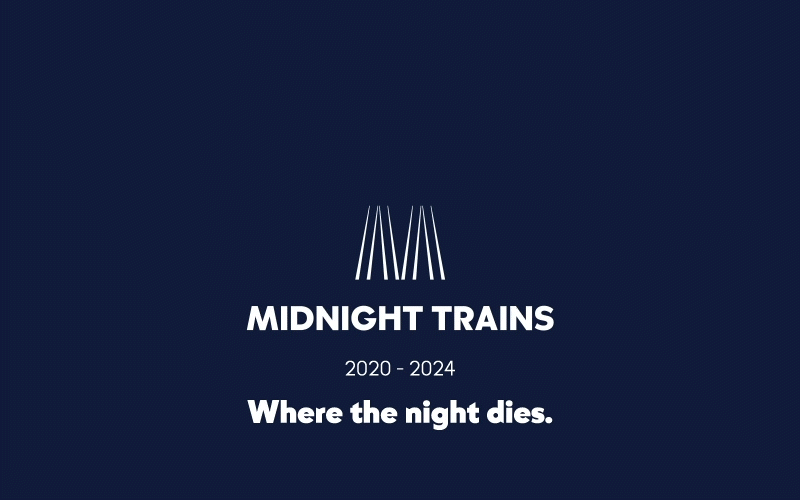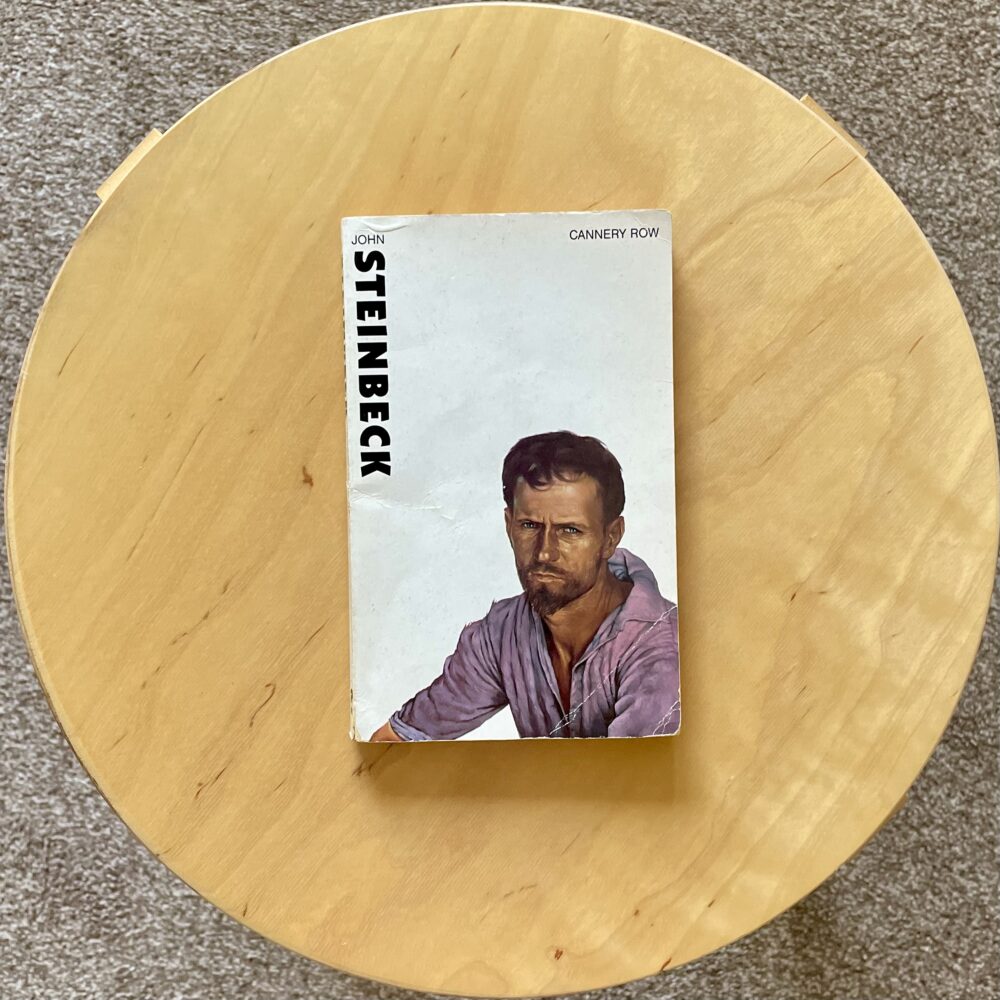Sunak’s broken bridge

When I’ve been subject to media training, the mantra ‘address, bridge, communicate’ is oft-repeated: ‘address’ the question you’re asked, ‘bridge’ to the wider point you want to make, and ‘communicate’ that point.
Rishi Sunak used this strategy in a pool clip last week after being criticised about leaving the D-Day anniversary events before their conclusion.
Address: ‘Having attended all the British events with British veterans I returned home before the international leaders’ event later in the day. On reflection, that was a mistake. And I apologise. I think it’s important though, given the enormity of the sacrifice made, the focus should rightly be on the veterans who gave so much.’
Bridge: ‘People can judge me by my actions when it comes to supporting the armed forces.’
Communicate: ‘In this campaign, it’s the Conservative Party led by me which is increasing the amount of investment that we’re putting into our Armed Forces to 2.5% of GDP. That’s not something that’s been matched by the Labour Party.’
The problem is, of course, that his bridge doesn’t connect the two statements. The message he wants to communicate is nothing to do with actions by which we can judge him, it’s a pledge about future intentions. It is counterproductive and strange to invite people to judge him by his actions when he is apologising for his actions.
The overall effect wasn’t enhanced by saying, moments after making his political comparison with the Labour Party, ‘I don’t think it’s right to be political in the midst of D-Day commemorations. The focus should rightly be on the veterans and their service and sacrifice for our country.’
So here is a conundrum. As far as I can make out, one of three desperately unlikely and seemingly implausible things must be true: Sunak walked into the pool interview without an agreed answer to the obvious question; an answer which literally asks voters to pay more attention to the error was agreed by his team; or Sunak forgot his prepared lines.
I look forward to Tim Shipman’s inevitable book revealing the answer in five years’ time.
The image at the top of this post was generated by DALL·E 3.
This post was filed under: News and Comment, Politics, Rishi Sunak, Tim Shipman.

